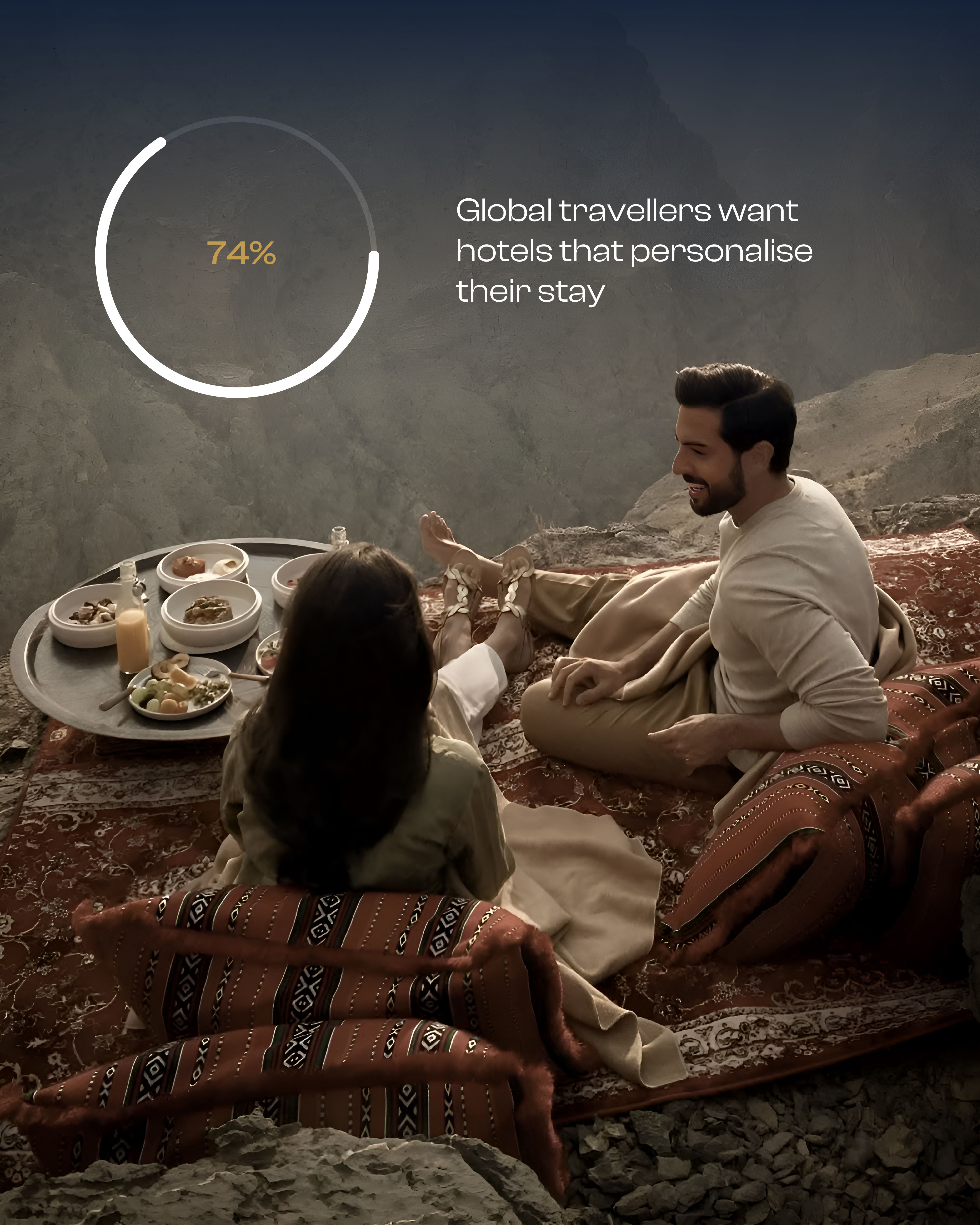
In 2025, the hospitality industry is undergoing a radical shift. Experience-driven, eco-conscious, tech-smart travellers have raised the bar and the hospitality industry is striving to adjust. Adopting these developed preferences has become an important aspect of staying competitive. From hyper-personalisation to sustainability, below are the key global hospitality trends around the world:
1. Personalisation at Every Touchpoint
Today's tourists want tailored experiences, and personalisation is the new hospitality norm. According to a joint report by Oracle and Skift, 74% of passengers want hotels that personalise their stay based on their preferences.
From pre-arrival questionnaires to AI-powered insights, leveraging technology to create unique and memorable stays with personal touches not only enhances guest satisfaction but also builds brand loyalty.
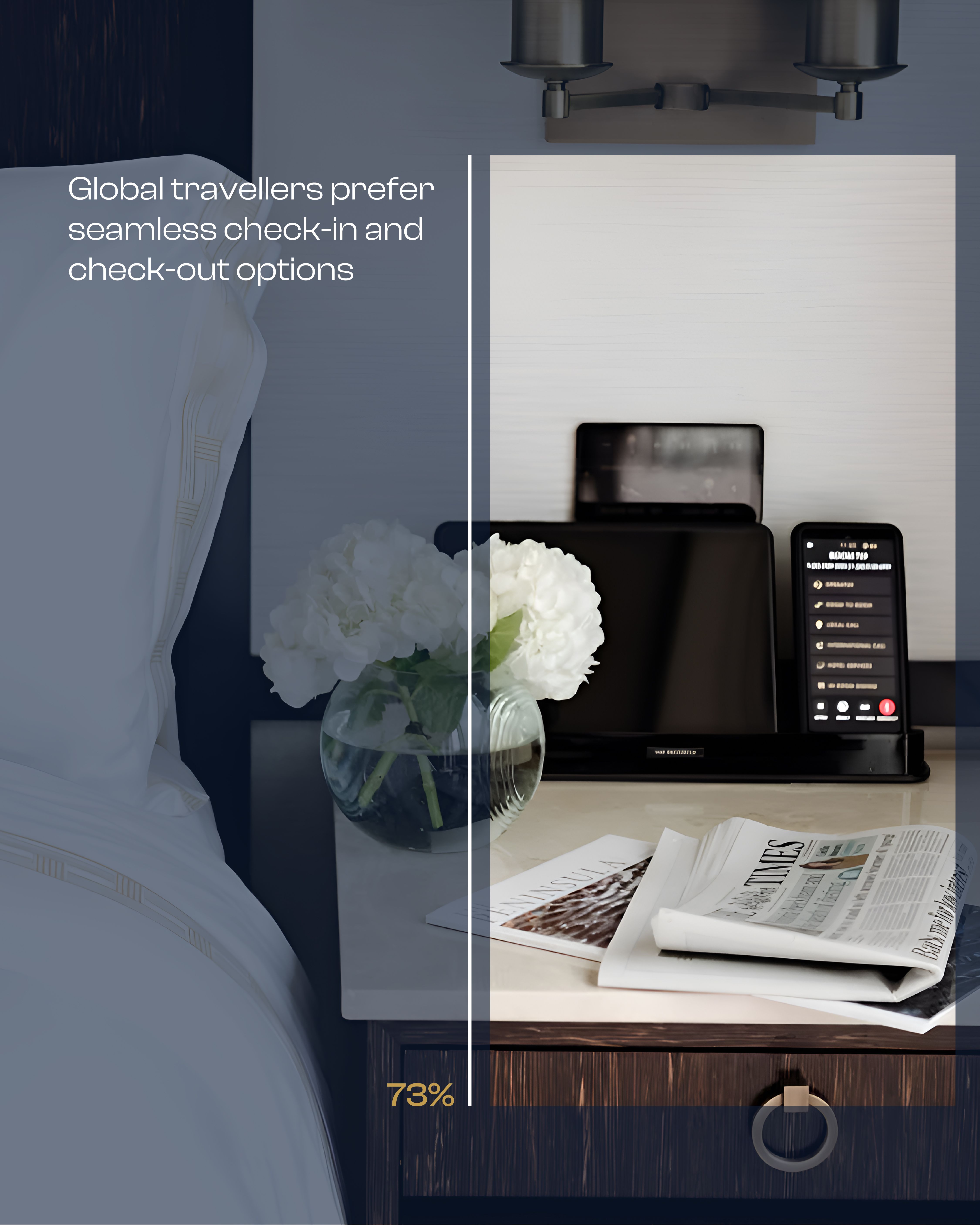
2. Seamless and Contactless Technology
73% of travellers prefer contactless check-in and check-out options (Oracle-Skift report), and hotels are spending heavily on these technologies. From mobile check-in and digital keys to voice-controlled in-room systems, such innovations are reshaping guest experiences and offering reassurance throughout their stay.
Apps that provide guests with services such as ordering room service, requesting housekeeping, or booking a spa treatment without human interaction are making the stay ideal. These processes help streamline operations and enhance the guest experience by eliminating delays. It is no longer a matter of spontaneous technology implementations; it is now an expectation of every guest.
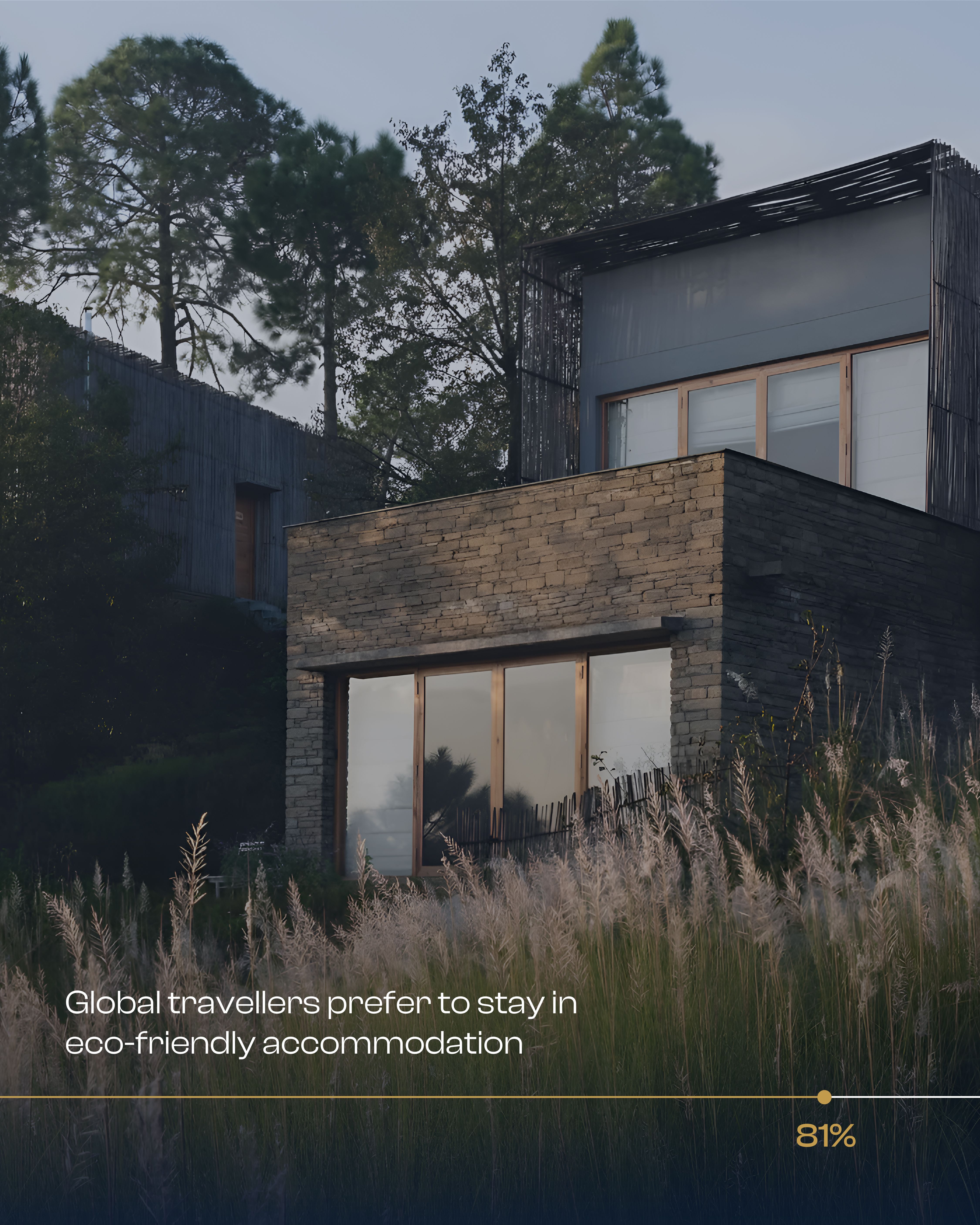
3. Sustainable and Eco-Friendly Practices
Sustainability has transitioned from being a trend to becoming a requirement. Presently, as modern travellers, particularly Millennials and Gen Z begin to travel again or on a more regular basis, they place a greater emphasis on eco-friendly options. It has become a competitive advantage for hotels that adopt green environment-oriented practices such as energy efficient lighting and waste management, etc. The 2024 Sustainable Travel Report shows that 81% of global travellers would prefer to stay in environmental-friendly accommodation.
At the very minimum, by implementing environmental initiatives such as removing single-use plastics, investing in locally-sourced food and energy, as well as supporting environmental initiatives, you can reduce your costs and also appeal to your guests, making sustainability a win-win for the industry.
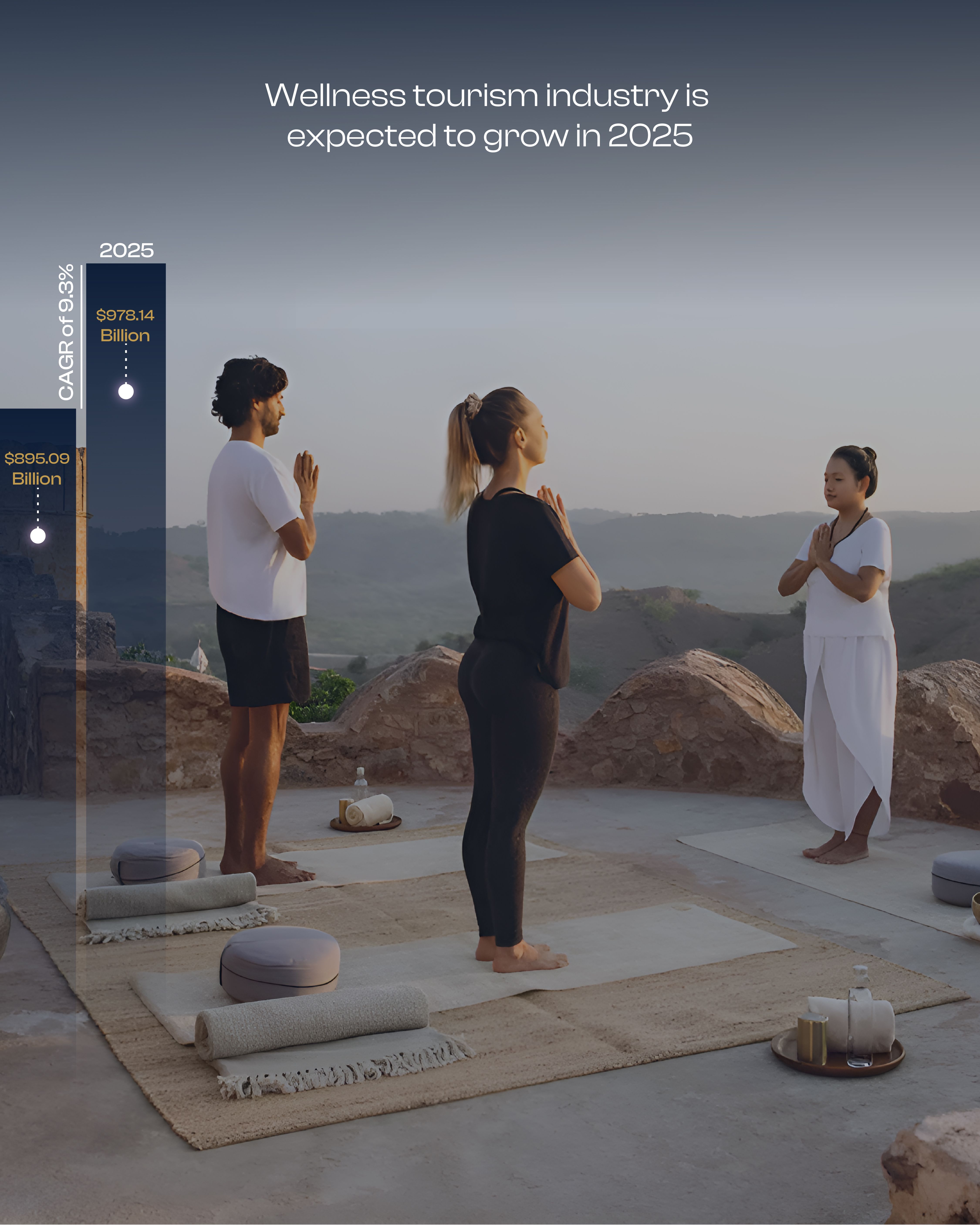
4. Health and Wellness
The wellness tourism industry is continuing to grow, with a projected 9.3% increase in 2025, expected to rise from $895.09 billion in 2024 to $978.14 billion, becoming a primary concern for the hospitality industry. Consumers are very quickly searching for a place to stay in which they elevate their health and mental wellness. These options could consist of everything a guest might want, from a top-notch fitness centre to an air purifier and circadian lighting system in their room.
Options such as yoga classes, guided meditation sessions, and sleep-enhancing therapies, are becoming mainstream. Targeted wellness offerings such as wellness retreats in low seasons will not only attract guests but help with income maximisation too!

5. Artificial Intelligence and Operational Efficiency
Artificial Intelligence (AI) is revolutionising hospitality – not only for guest experiences but also for operational efficiency. AI-operated chatbots operate on natural language processing helps decrease frustration and enable guests to receive rapid responses to their enquiries. AI-powered predictive analytics are also helpful in using more effective pricing strategies as well as improving inventory management.
As reported by the EHL Hospitality Business School, AI-operated tools will not only streamline operations and allow hyper-skilled resources to be allocated but will also allow automated bookings or check-ins, and ultimately provide extraordinary guest experiences. Accepting and embracing AI technologies in service delivery is not only about saving costs, but it will ultimately allow hotels to exceed guest service expectations.
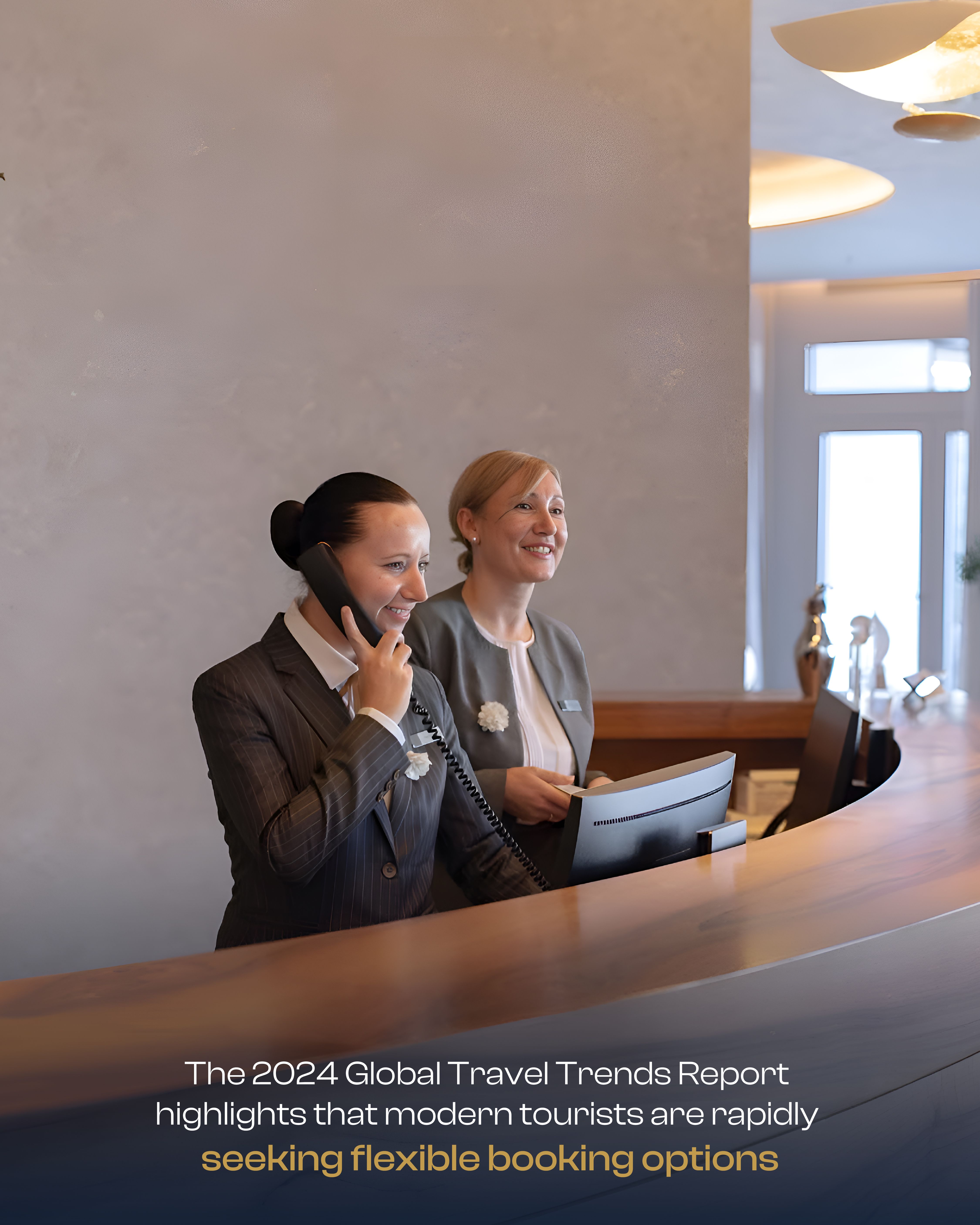
6. Flexible Booking and Cancellation
The 2024 Global Travel Trends Report highlights that modern tourists are rapidly seeking flexible booking options. In fact, 37% of U.S. business travellers in 2024 reported choosing travel options with flexible cancellation policies, reflecting a growing demand for adaptability in travel plans.
Hotels that provide flexible options and allow guests to make changes at the last minute are establishing trust and loyalty. This trend denotes a need to empathise with guests. Generous cancellation policies can relieve many concerns and offer peace of mind when booking in uncertain times.

7. Unbundling and Modifying Services
By 2025, more guests are expecting services that allow them to pay only for what they need. This trend allows guests greater ability to modify their stay, for example, adding breakfast, upgrading to premium Wi-Fi, or selecting a wellness package.
Hotels can also upsell the use of personalised services during the booking process, like spa treatments or late checkouts, to increase profitably but also allow guests further control over their stay.
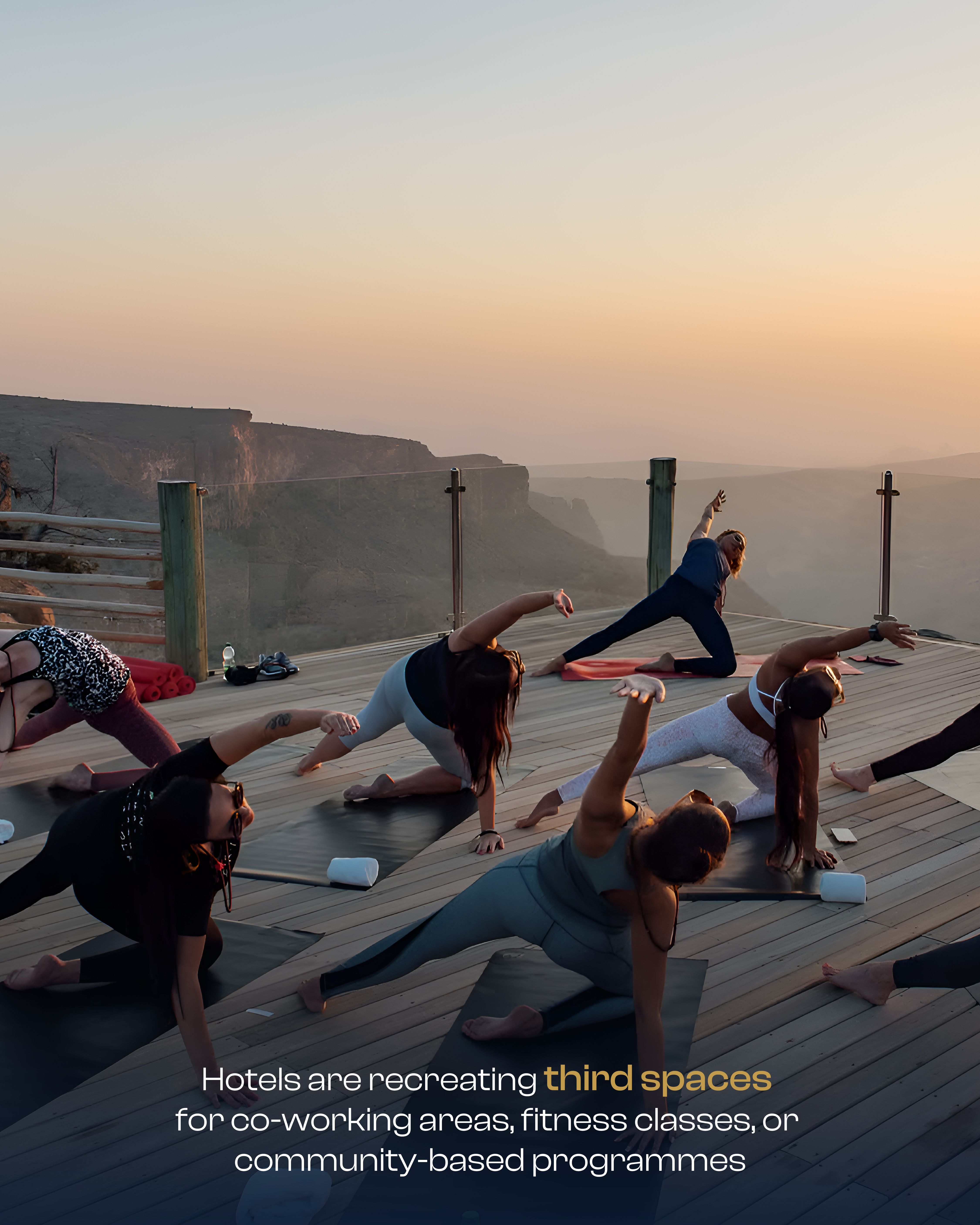
8. Converting Third Spaces to Generate More Revenue
Hotels are recreating where they generate revenue across their accommodation. Now spaces like the lobby and lounge have been redefined as "third spaces" or multi-use spaces in which guests can have co-working areas, fitness classes or community-based programmes. These "third spaces" serve both guests and the local community.
By creating a community and restoring adaptable spaces, hotel brands can attract wider audiences. For example, having a lobby that transitions from co-working space during the day into a social lounge at night would showcase the versatility of their real estate.
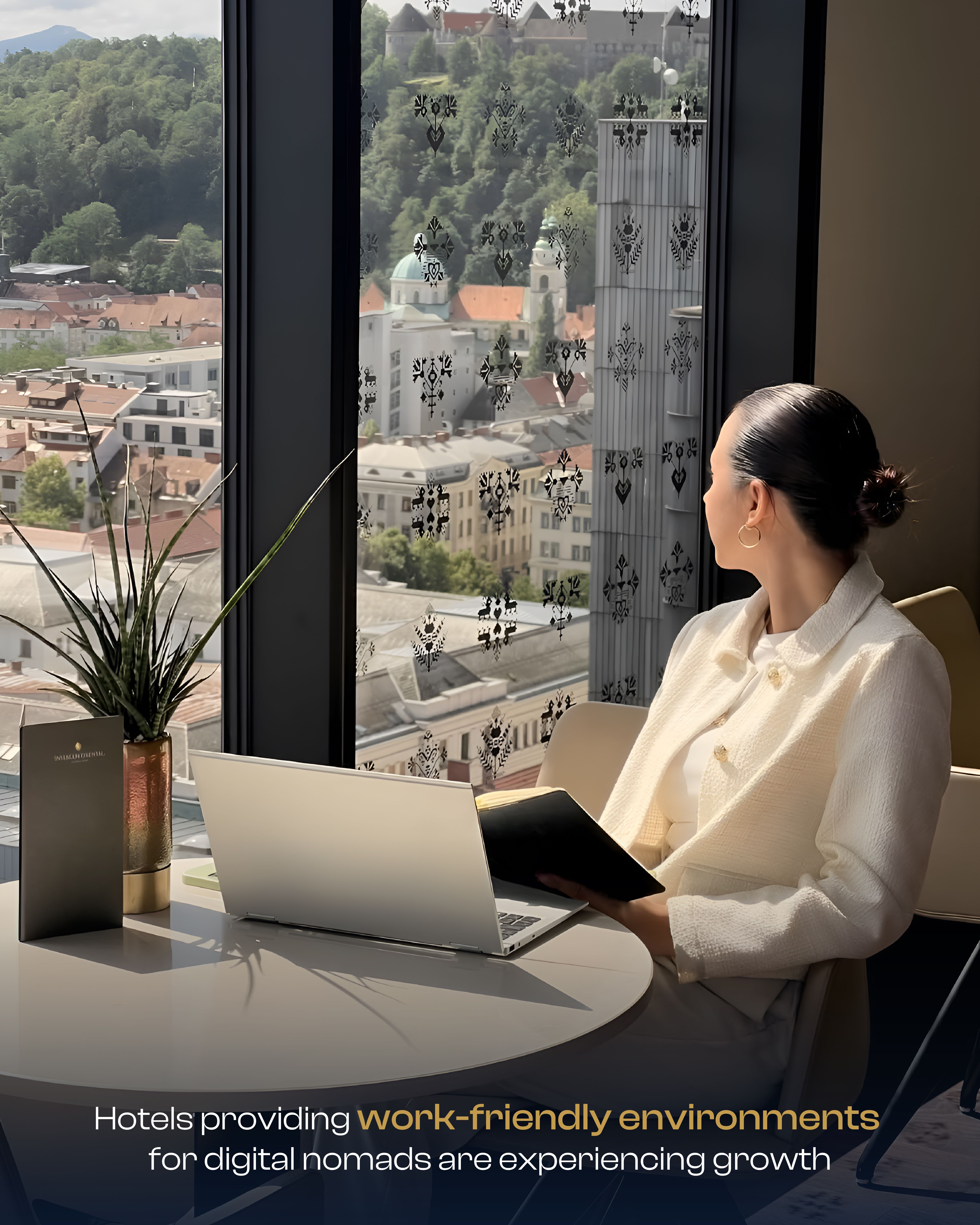
9. Flexibility and Remote Work Options
The remote work revolution continues to affect travelling habits. Hotels that have begun to provide work-friendly environments for digital nomads (ie. quiet spaces, reliable wifi, flexible and ergonomic work space) are experiencing growth. Packages made for work-from-hotel, that combine work with leisure travel, are garnering much interest from this audience.
For hoteliers, this change in travel habits represents a great opportunity to target guests that are travelling long-term, providing stable revenue. This has led to work-from-hotel models, to take advantage of an anticipated expanding market, targeting video conference guests offering them an ideal environment.
Paving the Way for the Next Era of Hospitality
Global hospitality trends suggest broad shifts towards guest focus, sustainability, and technological advancement. Hospitality will continue to hone in on personalised, spontaneous, and environmentally friendly experiences for guests. With the right investments in contemporary technology, sustainable initiatives, and rethinking traditional offerings, brands have the best chance at meeting and exceeding dynamic expectations. Ultimately it will depend on how each hospitality player embraces the trends and ensures that at every touchpoint, they not only meet but exceed guest expectations with thoughtful, memorable experiences.